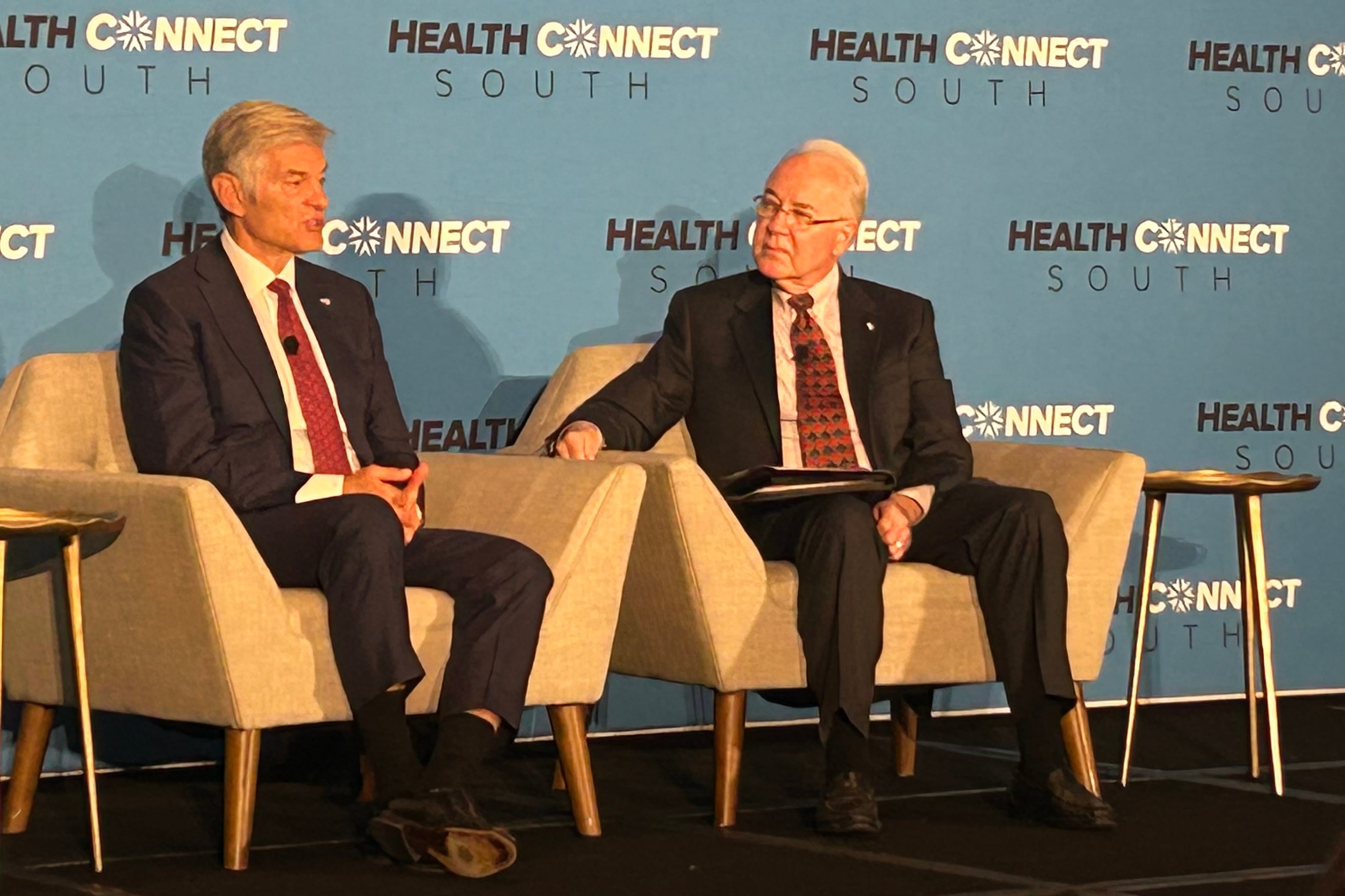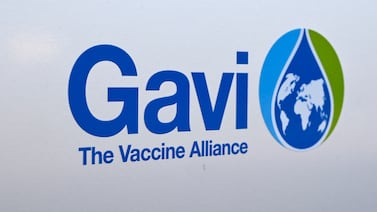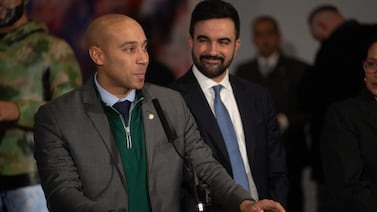Public health, explained: Sign up to receive Healthbeat’s free Atlanta newsletter here.
Dr. Mehmet Oz, the former TV doctor who now leads the nation’s Medicare and Medicaid programs, spoke at an Atlanta health care conference on Wednesday, touting work requirements and his own agency’s efforts to recruit tech workers.
Oz, administrator of the Centers for Medicare and Medicaid Services, spoke at Health Connect South, an annual conference for people from across health care professions. He was interviewed by former Health and Human Services Secretary Tom Price, a former Georgia congressman, during a keynote session.
Oz, a former television personality, frequent guest on The Oprah Winfrey Show, and author of bestselling books about diet and health, was nominated for CMS administrator by President Donald Trump and confirmed by the U.S. Senate in April. He is trained as a cardiothoracic surgeon.
Oz said Trump’s charge to him was to reduce “fraud, waste, abuse.” Medicaid work requirements like those implemented in Georgia are designed to ensure recipients have “skin in the game.”
Oz said many Medicaid recipients spend hours watching television daily, but they “don’t want to just stay at home; they do want to go work.”
Georgia’s work requirements program has foundered, and local advocates have criticized the program.
Before it launched, the state Department of Community Health requested funds to cover 100,000 people in its first year, which concluded in July. It had enrolled just over 8,000 by the end of June.
“In Georgia, most low-income adults are already working, caring for family, or living with serious health conditions,” Whitney Griggs, director of health policy at Georgians for a Healthy Future, told Healthbeat. “Instead of helping families, the program’s red tape has kept hundreds of thousands of Georgians locked out of affordable coverage. Georgia’s experience should be considered proof that these policies do not work.”
Tech expertise sought to improve systems
Oz said that HHS is “open for business” and he wants to recruit people from businesses to help the government keep up with the private sector. He said federal health agencies are focused on improving the interoperability of medical systems through technology.
Oz pointed to a July 30 event when the White House and CMS sponsored a Make Health Tech Great Again roundtable, where health care and technology firms pledged to improve communications among patients, providers, and health systems with the aim of improving health outcomes.
Oz shouted out Atlanta-based Sharecare, a health tech company, for pledging to use conversational artificial intelligence assistants to deliver personalized guidance to patients. The company also pledged to “kill the clipboard,” an initiative to make it easier for patients to more easily share their records with providers.
“We want some of your best people to come work for us. I’m here recruiting,” Oz said to the conference audience, made up of health care researchers, administrators, providers, and students.
“We need people who have consumer-facing businesses, doctor-facing businesses, understand accounts receivable and financial management of these problems,” Oz said. He said his agency would focus on paying for outcomes rather than numbers of users of technology programs.
Oz’s comments about recruiting from the private sector come after HHS announced it would lay off about 20,000 full-time employees across agencies, including 300 at CMS and about 2,400 at the U.S. Centers for Disease Control and Prevention, headquartered in Atlanta.
U.S. to infuse billions into rural health care
Oz also spoke about how his agency plans to address rural health shortfalls across the country through the Rural Health Transformation Program.
He acknowledged that many rural hospitals are struggling and that many rural Americans have a hard time accessing health care. The system needs to be restructured, he said, adding that the federal government would infuse about $10 billion annually into rural health for the next five years.
“Our hope is not to pay the bills, because that’s not sustainable, because it’s not working,” he said. “It’s to transform the system.”
Oz proposed having larger health systems adopt smaller hospitals with federal support. He gave the example of a small clinic near Athens that performs only a few baby deliveries a week being adopted by a larger hospital system like Emory Healthcare.
“Now you have the big OB center here, working with them, culturally connecting, understanding their strengths and weaknesses, appreciating where the gaps might be. So together, they can provide better maternal care,” Oz said.
In rural Georgia, St. Mary’s Health Care System announced last week that it will end its labor and delivery services at its Lavonia facility by late October. The hospital will also discontinue care at its Clear Creek OB-GYN practice in Lavonia, and consolidate all services into one location at its Athens hospital, about 41 miles from Lavonia.
A hospital press release attributed the decision to “recent congressional cuts to Medicaid,” along with changing demographics and difficulties recruiting physicians.
Oz said he would meet with Georgia Gov. Brian Kemp to discuss rural health care challenges in the state.
He also suggested community colleges could train the licensed practical nurses to address the nurse shortage across the country. He said CMS would use money collected from fines on nursing homes to offer matching funds to states to implement such programs.
Rebecca Grapevine is a reporter covering public health in Atlanta for Healthbeat. Contact Rebecca at rgrapevine@healthbeat.org.







